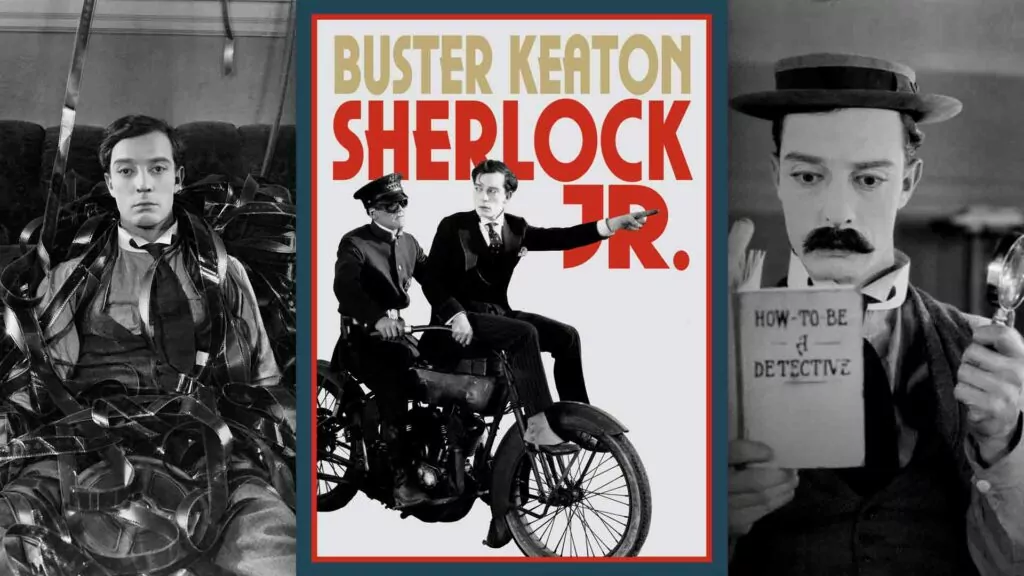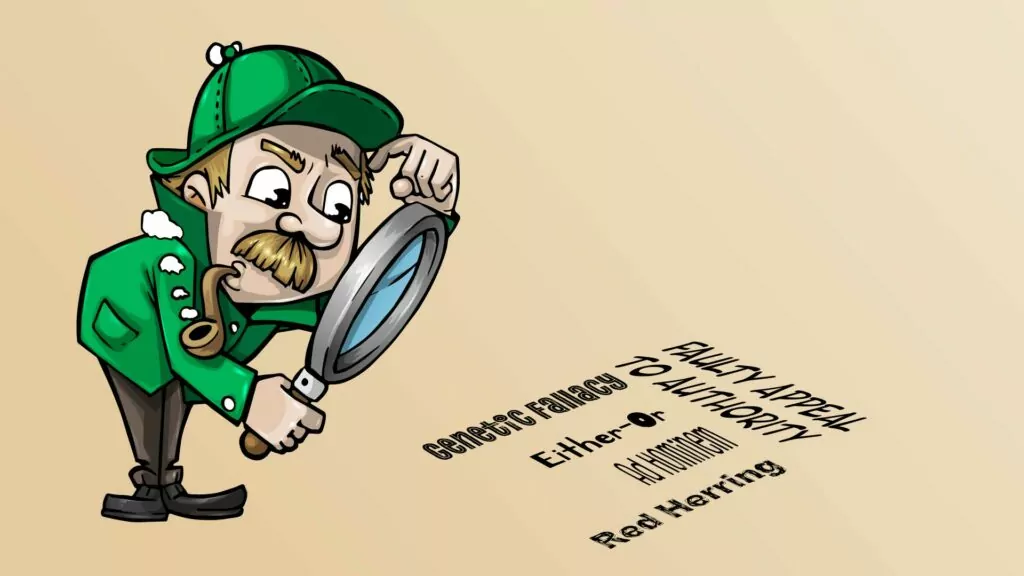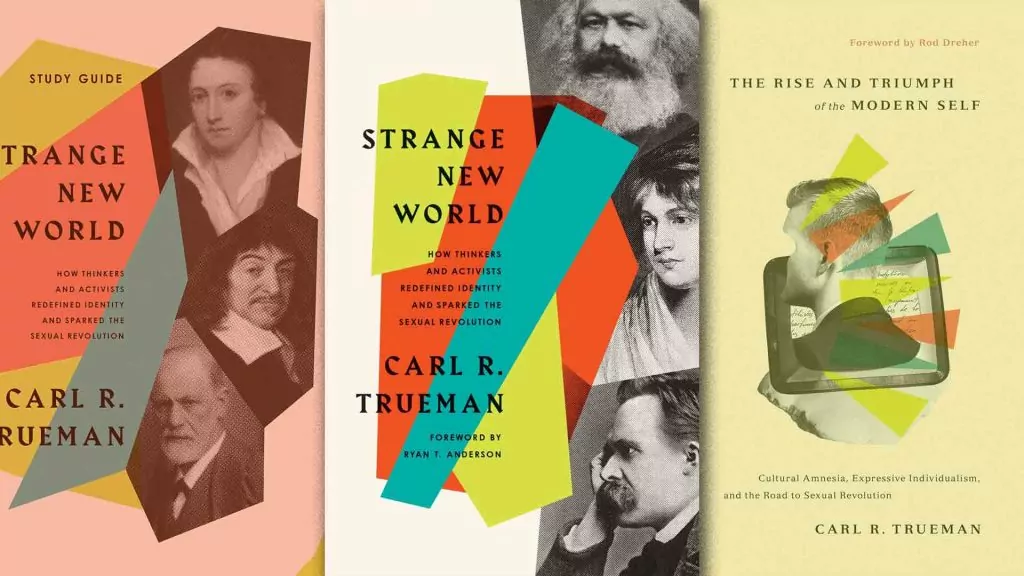I still remember the day I officially became an expert on everything. Many people go to school for years just to become an expert on one small particular thing so you might assume that becoming an expert on everything would be even harder and take longer. Actually it takes but one simple step: become a journalist.
A journalist can be expected to write about as many as five separate subjects a day and to write about all of them knowledgeably. You might imagine that this incredible task requires the best and brightest that mankind has to offer. It may indeed but unfortunately the best and brightest are already tied up trying to extrapolate the existence of the sixth dimension based on the cube root of pi’s trillionth digit. So the task is left to whoever is silly enough to work for a starting wage of $15,000. They are the few and the desperate, yes, these are your dedicated daily information providers.
As both a Christian and a newly anointed expert on everything I’m often asked: “Why is the news so biased against Christians?”
The first time I was asked this question I immediately took steps to answer it as only a journalist could. Fred the hot-dog vendor was standing a scant three steps away so I pulled out my very professional looking tape recorder, held it up to Fred and then asked him the same question. Fred gave his usual thoughtful response while I got my usual chili dog and paid him $2.50 for both. I then returned to my still waiting inquisitor and repeated what Fred said with a quick “Sources say…” added in front of it.
I found out rather quickly that while this technique never fails to impress when found on the printed page, it works less well in person. My inquisitor asked me the question again and, just to show she meant business, placed her clenched fists on either hip (her hips not mine), “Why is the press so biased against Christians?”
Unable to avoid the question I bought her a coffee and we sat down to discuss it. She had her own theory about the press being left-wing, liberal, and full of atheists who lived just to take shots at Christians. She flipped through that day’s paper and pointed out a dozen stories that promoted gay-rights, euthanasia, or the latest evolutionary “discovery.” She also mentioned that Christian and pro-family groups and politicians often complain their quotes are purposely taken out of context.
While it’s obvious the press has an agenda, it’s been my experience that it is not as left-wing, liberal, atheistic as Christians believe. I explained to her that quite often the press’s agenda is far less nefarious, and can be summed up in two parts:
1) to sell as many papers as possible, and
2) to get home before lunch.
This startlingly un-ominous agenda didn’t seem to please my questioner. She clenched her teeth and leaned across the table grabbing my tie to pull me close. My clip-on made this last action less intimidating than it might otherwise have been but the overall effect still captivated my attention. “So why,” she whispered hoarsely, “is the news full of so many anti-Christian stories?”
As her hot breath blew over me an alarming sense of deja vu overwhelmed me. This had all happened before! But try as I might, I just couldn’t think of when or where. Sure, an ordinary man might be able to remember the last time a women he was drinking coffee with suddenly reached over and ripped off his tie. As a journalist this has happened to me far too often (thus the clip-ons – both cheaper and safer) and after a while all the separate occurrences have blurred together.
Then it hit me. The situation had been quite different but the question had been exactly the same. And I had been the one asking it.
It was just a year before, and I had taken a run at political office. As a small party candidate I couldn’t afford paid ads, and was desperate for any free publicity I could get. That’s why, when the daily paper called I did my best to take full advantage of the opportunity. I talked to that reporter for almost an hour explaining both my party’s, and my personal stances.
But the reporter ignored my explanations and kept asking personal questions. I told him I wasn’t important. I told him people wouldn’t be voting for me as a person, but instead, would be voting for me as the only candidate who stood up for the important issues. Over and over I downplayed my own importance and stressed the issues. After a long and impassioned conversation with the reporter, the following quote appeared in the paper the next day:
“There are 2,000 people who would vote for Mr. Ed as long as he was pro-life. I could be a talking horse and they would vote for me if I was pro-life.” – Jon Dykstra
Not quite what I was hoping for, it was by far the stupidest thing I had said. As a politician I was convinced the reporter had selected this worst possible quote because he didn’t like my Christian stances.
As a trained journalist I now knew better.
The simple truth is, stupidity sells papers. It doesn’t matter if you’re Christian or not, if you say something stupid the press will use it. We’ve seen politicians make headlines for misspelling a word, or forgetting how many states there are. I got my highlighted with a more original approach, referencing a talking horse. As one of my more compassionate friends told me later, “If stupidity sells papers, you doubled their circulation.”
My recollection complete, I turned to my companion to see if this trip down memory lane had done anything to answer her question. She was staring intently at the place where my tie had been. “Stupidity?,” she asked, still staring, “Is that the whole answer?”
It was not.
I became a reporter to write about issues that aren’t usually covered. I was determined to write about everything from AIDS to Zebras with a distinctly Christian perspective so I began the research for each new story with a few calls to pro-life, pro-family or Christian organizations and politicians. They were quite wary of the press, and as my coffee companion had already noted, they do seem to have reason to be. But they were so scared they refused to answer my questions.
Of course they weren’t quite as blunt as that. One place kept telling me the director was out and that she would phone me in an hour when she got in. I got the same message every hour as I regularly phoned back and finally had to give up as lunch approached. Another organization told me that only one person was allowed to speak to the press and he was away for three weeks. A few groups did get back to me, but anywhere from two days to several weeks too late. In contrast, I managed to talk to two AIDS activists in the space of a single hour. They were very cooperative and very outspoken.
As an unbiased, objective and Christian reporter I absolutely refused to write all my stories with two AIDS activists as the only sources (they just didn’t add anything to my gambling story) so I sucked in my gut and decided to work after lunch. I spent my afternoons alone in the cavernous office tracking down Christians sources and experimenting with the room’s acoustics. But because I refused to go with just the most available sources, stories that should have taken half a day took more than a week.
So why is the newspaper and nightly news full of anti-Christian stories?
In part, because most reporters won’t take that week.
If Christians want better press coverage they need to start working at it. They need to start appealing to the lazy and sensationalistic nature of the press. Our most basic beliefs are pretty radical nowadays so we already have sensationalism covered but we still need to work at appealing to the lazy nature of the press. That means, if they aren’t calling us we better be calling them. This isn’t as intimidating as it may sound; calling a reporter doesn’t mean you personally have to give him a quote. As a “regular” person they may not even be interested in talking to you. Instead you can compile a list of Christian sources with impressive titles behind their names, people who have spent the time to become experts about one small particular thing. Admittedly, coming up with this list is no small task, what with fewer and fewer willing to speak up.
But if you can come up with such a list, then when you hear or read about an issue that should have a Christian voice speaking out on it, you can phone up the reporter and give him the appropriate phone number. Many reporters don’t like sounding biased, so if you can give them a ready source from the other side of an issue they may well be happy to have it.
And if you’re afraid you might say something stupid, trust in God and do your best. After my idiotic Mr. Ed comment I received calls from dozens of curious voters, and the reporter found the comment interesting enough to follow it with six column inches about my campaign positions (more coverage than he gave any other fringe party candidate). After the good that came of this escapade I pinned up a little sign in my room which read “GOD Can Overcome Even Your Stupidity.” It kept me humble, but more importantly, it freed me from worry.
My coffee companion wanted to blame the media’s anti-Christian stance on some kind of hidden agenda. There is some truth to that, but that’s also taking the easy way out, shifting the blame to an available scapegoat. The news media may have more than its share of liberal, left-wing, atheists, but many aren’t so much anti-Christian as lazy, and sensationalistic. These reporters take the path of least resistance and talk to the people who want to talk to them, like gays, euthanasia advocates, and other radicals desperate for publicity. They won’t stir up controversies unless there are groups and politicians willing to speak out and take the hard stands. And these reporters don’t have the time or patience to talk to people who will, “get back to them.” It’s not just the media’s fault; it’s ours too. The news is full of anti-Christian content because Christians are too often boring, timid, and reclusive.
And that’s my expert opinion.
A version of this article first appeared in the magazine in 1997.













